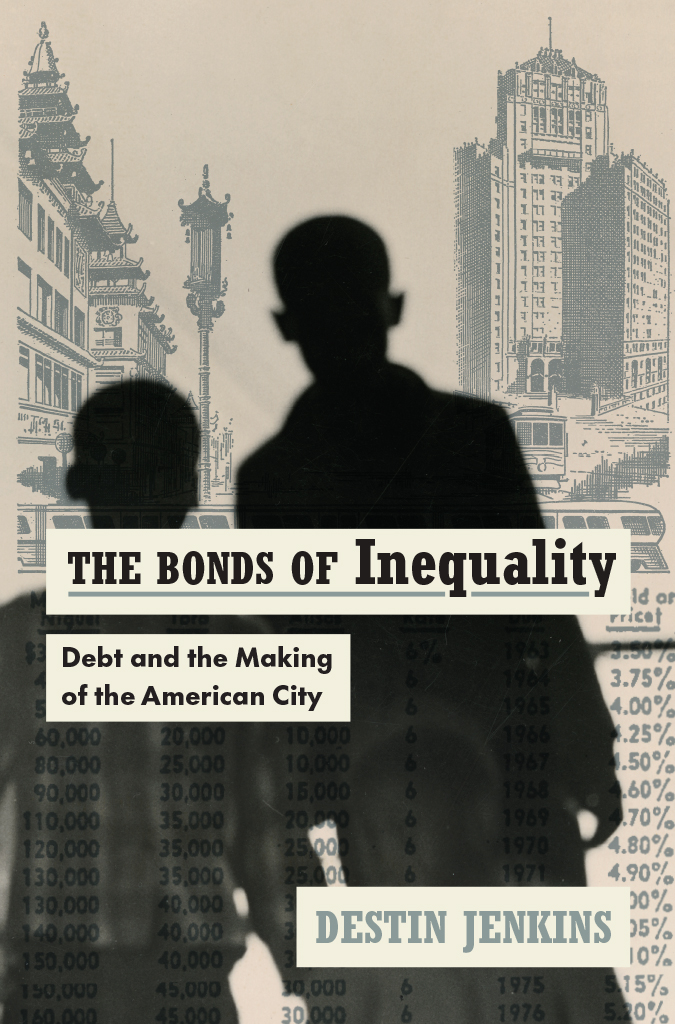
The Bonds of Inequality
The Bonds of Inequality
Debt and the Making of the American City
Destin Jenkins
The University of Chicago Press
Chicago and London
The University of Chicago Press, Chicago 60637
The University of Chicago Press, Ltd., London
2021 by The University of Chicago
All rights reserved. No part of this book may be used or reproduced in any manner whatsoever without written permission, except in the case of brief quotations in critical articles and reviews. For more information, contact the University of Chicago Press, 1427 E. 60th St., Chicago, IL 60637.
Published 2021
Printed in the United States of America
30 29 28 27 26 25 24 23 22 21 1 2 3 4 5
ISBN -13: 978-0-226-72154-5 (cloth)
ISBN -13: 978-0-226-72168-2 (e-book)
DOI : https://doi.org/10.7208/chicago/9780226721682.001.0001
Library of Congress Cataloging-in-Publication Data
Names: Jenkins, Destin, author.
Title: The bonds of inequality : debt and the making of the American city / Destin Jenkins.
Other titles: Debt and the making of the American city
Description: Chicago ; London : The University of Chicago Press, 2021. | Includes bibliographical references and index.
Identifiers: LCCN 2020037872 | ISBN 9780226721545 (cloth) | ISBN 9780226721682 (ebook)
Subjects: LCSH: Municipal bondsCaliforniaSan FranciscoHistory20th century. | Finance, PublicCaliforniaSan FranciscoHistory20th century. | Debts, PublicCaliforniaSan FranciscoHistory20th century. | Municipal governmentCaliforniaSan FranciscoFinanceHistory20th century. | EqualityEconomic aspectsCaliforniaSan Francisco. | San Francisco (Calif.)History20th century.
Classification: LCC HJ9205.S3 J36 2021 | DDC 336.3/4409794610904dc23
LC record available at https://lccn.loc.gov/2020037872
 This paper meets the requirements of ANSI / NISO Z39.48-1992 (Permanence of Paper).
This paper meets the requirements of ANSI / NISO Z39.48-1992 (Permanence of Paper).
Contents
Figures
Major holders of state and local government debt, 19461965
Total bonded debt of San Francisco, 19321947
Millions of Men Are Marching Home!... Vote Yes on No. 1 and No. 2 ad
These Are Typical Permanent Airport Jobs in Private Industry... Vote Yes on No. 1 and No. 2 ad
For A City Reborn... Vote Yes on Progress Bonds ad
Comparative yields on prime municipal and corporate bonds, 19001965
$100,000,002 State of California Bonds cartoon
Chash Manhattan Bank cartoon
F. S. Smithers and Company cartoon
Classification of Areas for Urban Renewal map
Redevelopment Areas map
San Franciscos permanent public-housing projects
The Way It Used to BeWestern Addition A-1
New issues of state and local long-term municipal debt in the United States, 19461965
New issues of municipal bonds by region, 19571965
New issues of state and local short-term debt in the United States, 19461965
Gross short-term debt outstanding of select cities
IS TODAY THE DAY for short term profit?
High-speed subway and bus lines to be financed by Proposition B, 1966
SFRA map of Butchertown and Hunters Point
Yes on A Please
Theres So Much in Our City
State and local short-term and long-term borrowing in the United States, 19701980
Average municipal bond yields, June 1980June 1981
Tables
San Franciscos population, 19401990
California municipal bonds underwritten by Bank of America, 19411947
Out-of-state municipal bonds underwritten by Bank of America, 19411947
Banking and SFBC membership
Results of San Francisco bond referenda, 19521959
American Employers Insurance holdings of new housing authority bonds, 1956
Continental Casualty holdings of new housing authority bonds, 1956
American Mutual Liability Insurance holdings of new housing authority bonds, 1956
Interest and principal payments on general obligation bonds, 19751980
Interest and principal payments on public service enterprise bonds, 19751980
Interest and principal payments on nonprofit corporation bonds, 19751980
ACNB Anglo California National Bank
BART Bay Area Rapid Transit (Commission/District)(BARTC/BARTD)
BISD Bond Investment Securities Division of Bank of America
BOA Bank of America
BSC Bond Screening Committee of San Francisco
DBB Daily Bond Buyer
HHFA Housing and Home Finance Agency
MFOA Municipal Finance Officers Association of the United States and Canada
MUNI San Francisco Municipal Railway
SFBC San Francisco Bond Club
SFBG San Francisco Bay Guardian
SFHA San Francisco Housing Authority
SFRA San Francisco Redevelopment Agency
The history of inequality in twentieth-century America is, in part, the history of municipal debt. Yet historians rarely note the centrality of the bond market to the production of inequality. Similarly, voters, confronted with a bond measure, seldom recognize that a question about municipal financing is also a question about inequality. There is a general lack of awareness, both in the academy and among the wider public, that municipal debt has proven to be a durable means of structuring racial privileges, entrenching spatial neglect, and distributing wealth and power. American cities, paragons of democracy, have become dependent on financiers, rating agencies, and the bond market for their most fundamental responsibilities: the provision of infrastructure and social services to their citizens. In turn, granting outsized political power to the holders of municipal debt can and does reshape the social contract between local governments and their residents. At the center of the decision to borrow is an ethical and political choicedeciding who and what is worthy of debtwith profound material consequences. The cumulative impact of these choices is nowhere more evident than in San Francisco, one of the most unequal cities in one of the wealthiest states in America.
Although San Francisco assumed considerable debt to fund development following World War II, not all areas of the city saw equal investment. By the late 1960s, the southeastern neighborhood of Hunters Point was on the other side of the freeway, badly in need of recreational investment to prevent children from playing on steep, rocky hillsidesor in the streets, between cars. The long-term social impact of these years of neglect on black children was incalculable, and it was measured in more than dollars and cents. In September 1966, San Francisco became the latest American city jolted by the urban rebellions sweeping the nation. Municipal officials increasingly recognized that the mere threat of a riot raised the cost to borrow, as lenders prize little more than stability. There was now a pragmatic as well as a moral imperative to improve the infrastructural quality of life in Hunters Point. In November 1968, city officials hoped voters would agree by passing a $6.4 million bond measure that would pay for parks in the divested neighborhood.
The bond measure was no handout. Black people, as taxpayers, had long serviced debt that delivered parks to residents of other neighborhoods and helped turn San Francisco into a consumer playground for residents and visitors alike. As campaign supporters clarified, black residents of Hunters Point also pay their taxeseven if they havent received a just share for their money. Local supervisors, assemblymen, congressmen, big-name judges, real estate magnates, religious leaders, and others who supported the measure offered a sobering historical assessment: it had been seventeen years since a single City penny had been spent on a new park in the area.
Next page
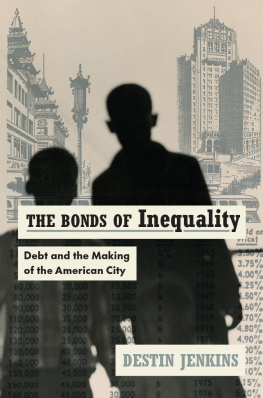


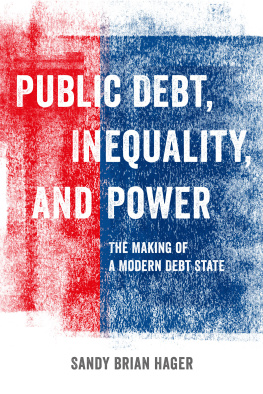
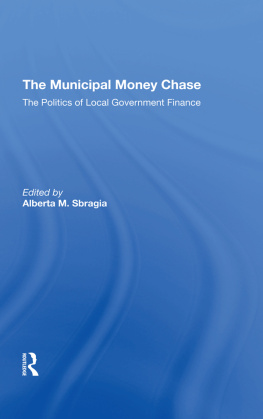
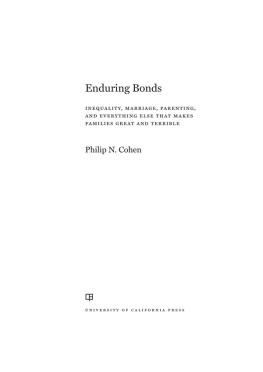
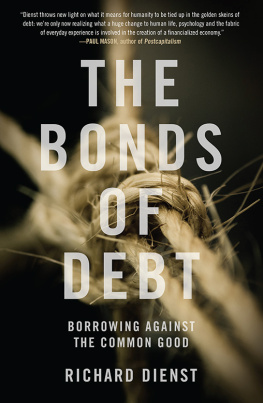


 This paper meets the requirements of ANSI / NISO Z39.48-1992 (Permanence of Paper).
This paper meets the requirements of ANSI / NISO Z39.48-1992 (Permanence of Paper).